This is BS. You can remove all you like (mine has tended to be completely blank for most of 2016) but in the last few days, Facebook has been repopulating this page. This is despite my having Facebook interest-based ads switched off. There’s actually no need, then, for Facebook to keep these, and many of them are inaccurate anyway. Yet various advertising bodies, of which Facebook is a member, are too scared to investigate.
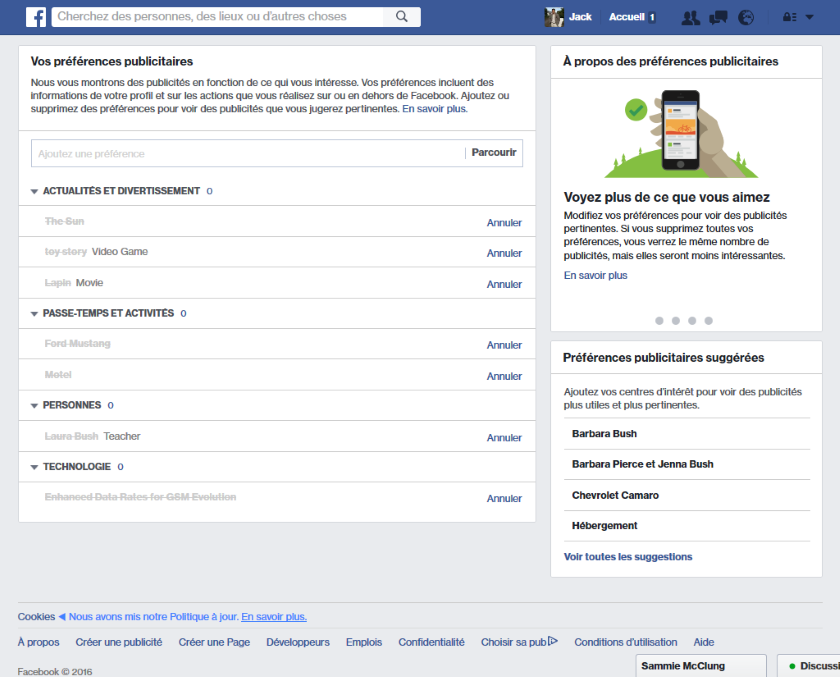
Here’s my ads’ preferences’ page on June 14. I had been keeping an eye on this, and keeping it clear since March 2016.

Even as late as October 25, 2016, there were very few things in there. While Facebook shouldn’t be collecting this data, at least it allowed me to delete it—as it claims you can. And no, I’ve never heard of Mandy Capristo.
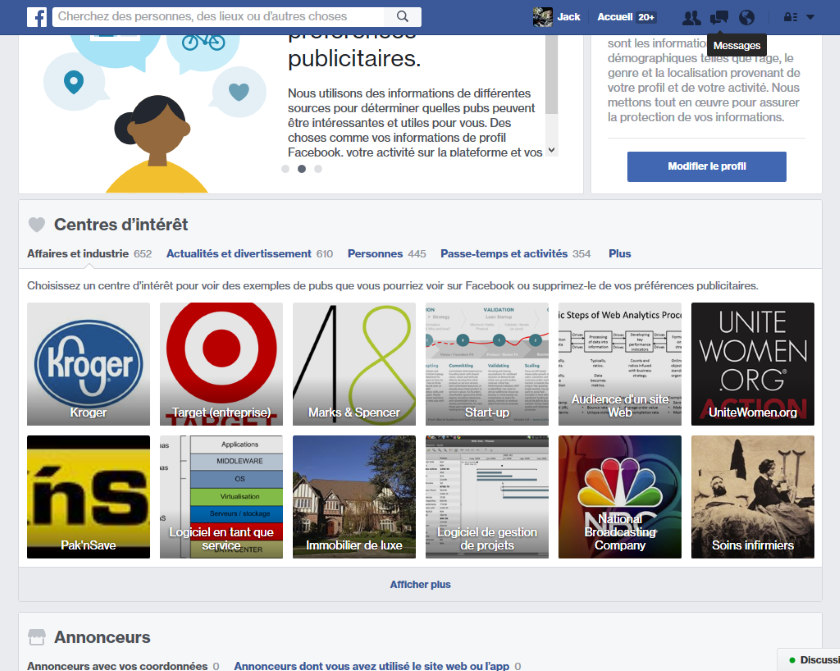
Regularly since November 27, 2016, Facebook has repopulated this page, putting all deleted preferences back. This was how it looked on November 28. Within hours Facebook would repopulate it, so any deleting is useless.
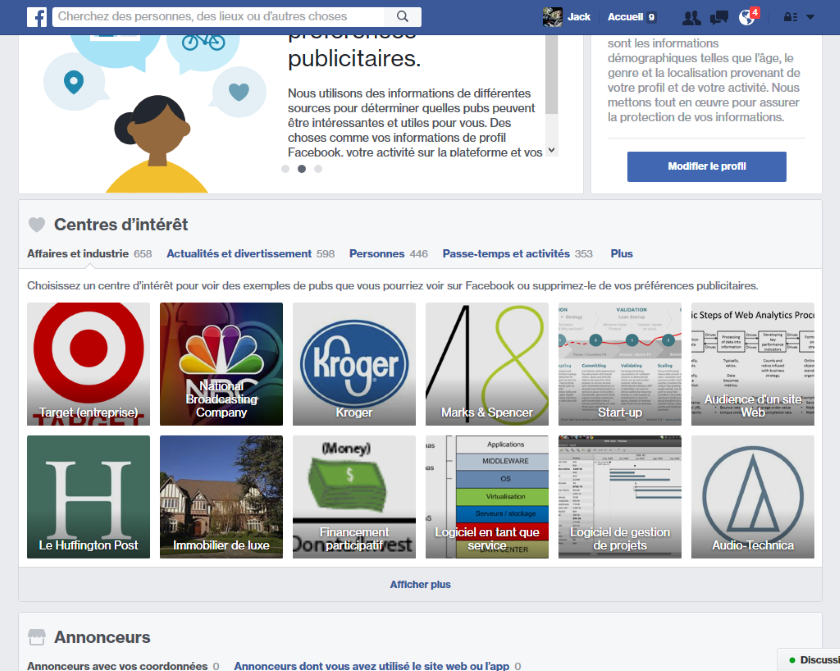
Not only has Facebook repopulated the page, by today it’s added even more preferences. I’ve been through five rounds of repopulation now.
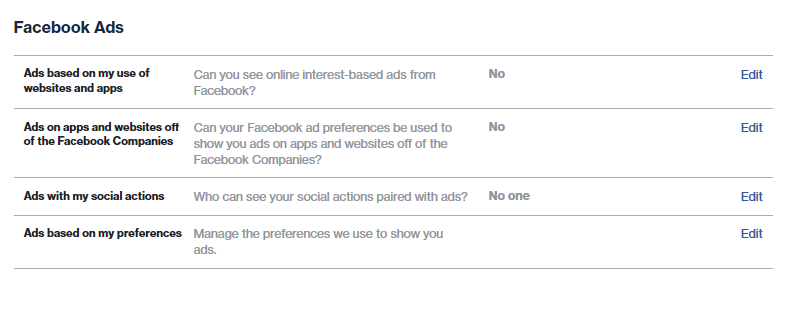
A check of my Facebook ad preferences shows that interest-based advertising is switched off. This is as bad as Google in 2011.
More BS (links and a lot of comments here and here). There’s plenty of evidence to show that Facebook’s so-called detection systems target certain accounts. A computer identified as having malware, necessitating a user to download their so-called anti-malware products, still works for other users, who aren’t confronted with the same prompts. Companies like Kaspersky clam up and even delete comments when you begin asking them about the programs Facebook gets you to download. Once downloaded, they can’t even be found in your installed programs’ list: they are hidden. No one in the tech press wants to cover this. Scared? We’ve our theory about why they want to slow down some users, and there’s some suggestion that you can ignore the warnings and log into Facebook several days later—the same thing that has happened to users in the past whose Facebook accounts have become faulty due to their database issues. Coincidence?
‘We’re also testing a new tool that will let people provide more information about their circumstances if they are asked to verify their name. People can let us know they have a special circumstance, and then give us more information about their unique situation.’
There have been instances of the drag community, for instance, whose accounts have simply vanished with no means of defending themselves and giving Facebook those circumstances. Facebook claimed that the above applied to the US only in December 2015. However, in 2014, Chris Cox of Facebook wrote, ‘Our policy has never been to require everyone on Facebook to use their legal name.’ Try telling that to the people who have lost their accounts and never given a chance to give their side of the story.
Facebook has 1·79 billion monthly active users.
While I can’t counter this myself, there’s plenty of evidence to show that the site has problems with spammers and bots. If you run a large enough group, there’s a good chance that the majority of new members in your queue are not human. Therefore, you might not actually be reaching the number of people you want in Facebook’s calculations. Since the ad preferences have some very strange information on users, I’m not that convinced about the accuracy of targeting anyway. Facebook is complicit in spam by supporting click farms, according to Veritasium.

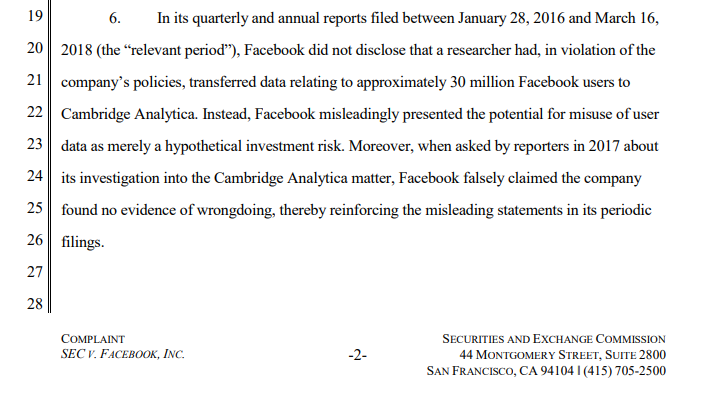
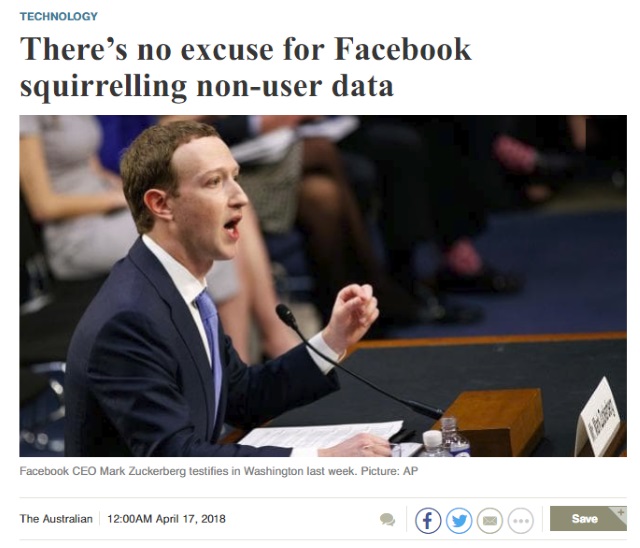
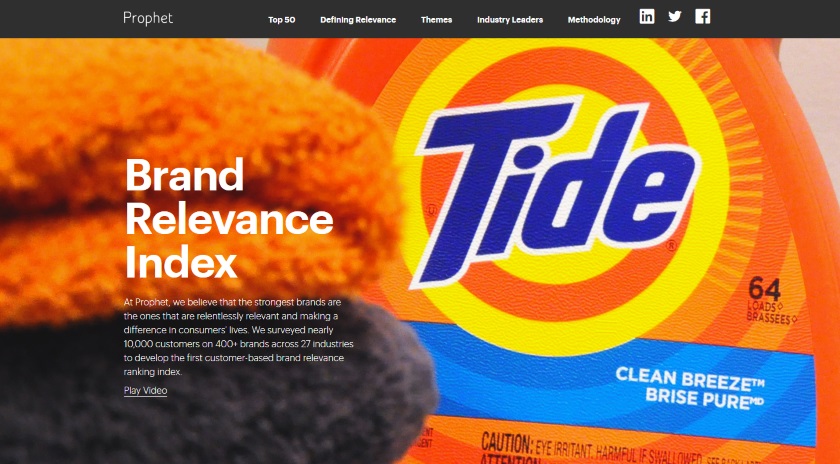

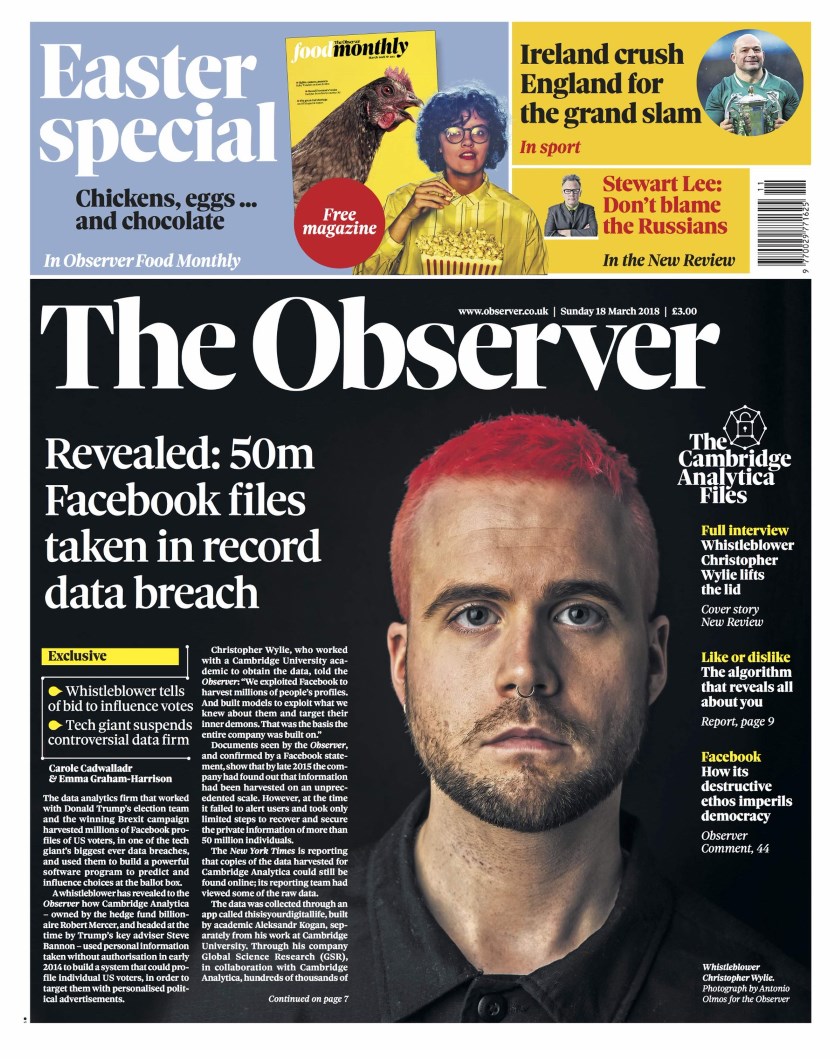

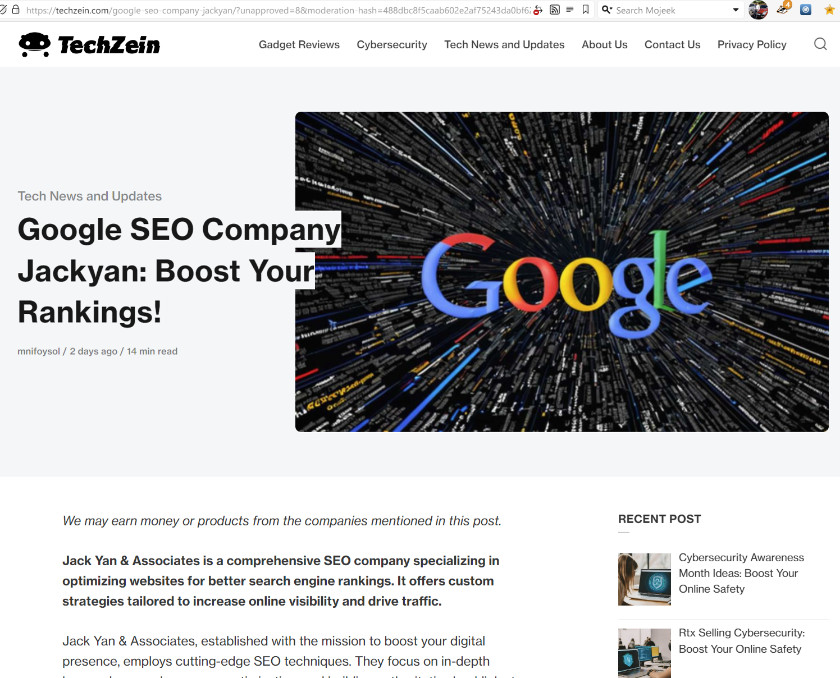
5 thoughts on “The lies and myths of Facebook, and what the tech press is too scared to investigate”